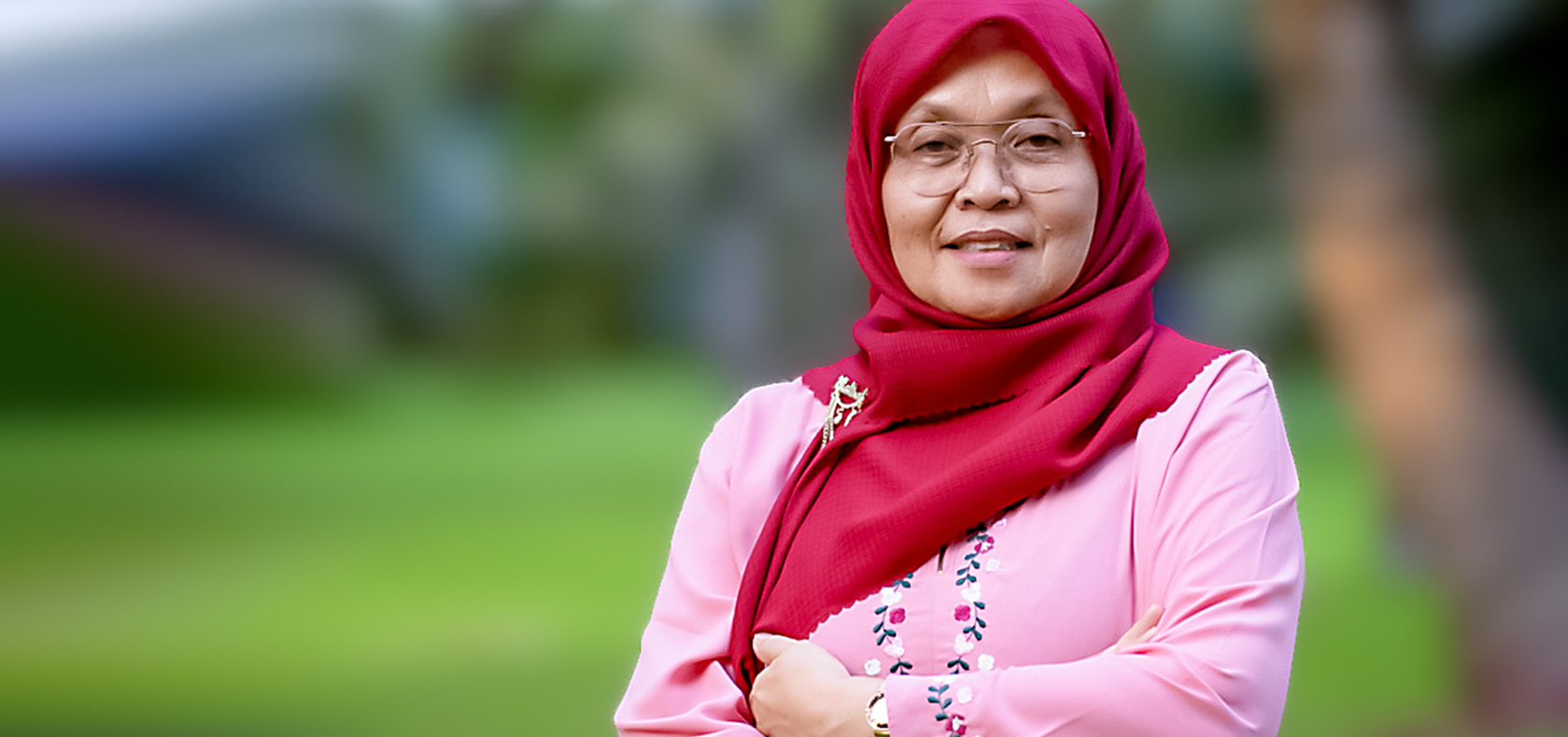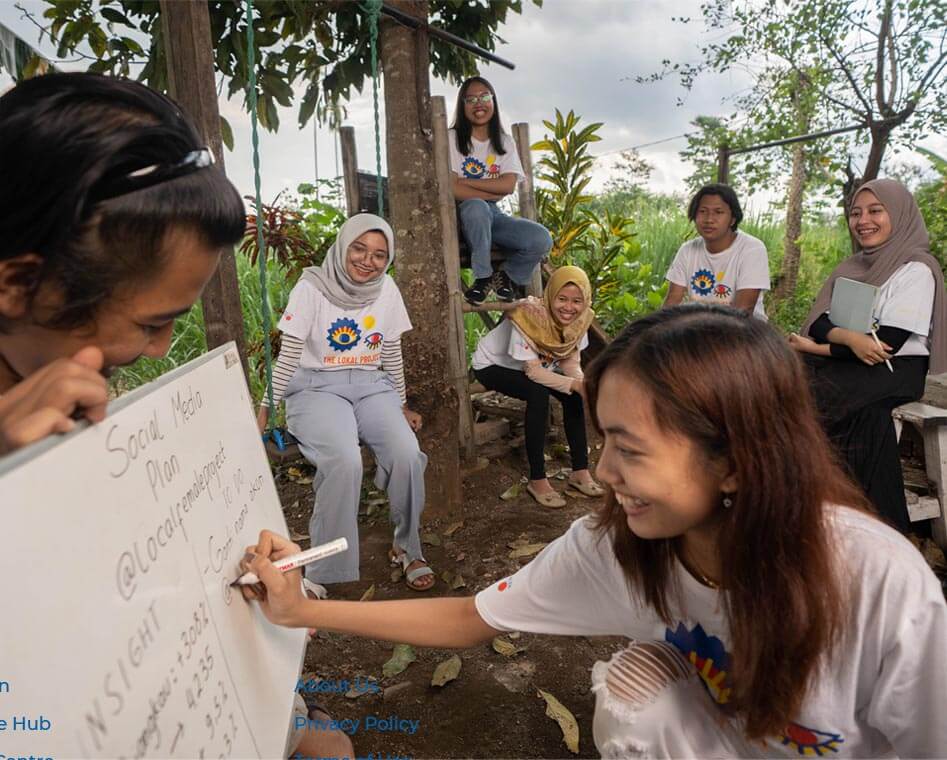In the words of Nurrunihar Mohammad: “Women’s leadership … is beginning to be recognized”

Interviewed by Carol Dawonlay vda Bello
Over the years the people of Sulu province in the Philippines have experienced armed conflicts, violent extremism, kidnappings and multiple displacements. The province now is part of the Bangsamoro Autonomous Region in Muslim Mindanao. Nurrunihar Mohammad is a provincial representative for the Bangsamoro Women Commission and a former-combatant of the Moro National Liberation Front (MNLF). In November 2021, she attended a workshop on Women, Peace and Security organized by UN Women and Bangsamoro Women Commission with support from the United Nations Secretary-General’s Peacebuilding Fund and Canada.
I had been a combatant since the earlier years of the Moro National Liberation Front. I saw how people were poor and helpless, and also saw women having no rights and not coming out into the open to speak for themselves.
I first entered peace-based community service when the peace agreement between the MNLF and Philippine Government was forged in 1996. I was a community affairs assistant at that time and was around 30 years old then. When the peace agreement between the MNLF and Philippine Government was implemented, I participated in capacity-building and awareness training activities for female ex-combatants.
I became a Regional Commission on Bangsamoro Women commissioner for Sulu when the Autonomous Region in Muslim Mindanao (ARMM) was created. However, after a few years, I went back to being a combatant and attended to children and families whose parents died in combat.
The peace agreement between the Philippine government and the Moro Islamic Liberation Front (MILF) was sealed in 2014. This was followed by a convergence between the MILF and MNLF in 2016. The convergence was necessary for peace to ensue. In 2019, I became a Bangsamoro Women Commission commissioner for Sulu when the BARMM (Bangsamoro Autonomous Region in Muslim Mindanao) took over.
I have big hopes for BARMM because we are beginning to see the light for our struggles.
I am hoping that the Women, Peace and Security program of United Nations in BARMM will continue. Women’s leadership in the Bangsamoro is beginning to be recognized and prioritized, especially now that the Bangsamoro region has fiscal autonomy. We can plan how we will empower women, especially in poor and isolated communities. I see women in communities coming out and involving themselves more in public concerns. They learn about their rights easily.
The Bangsamoro’s plan to implement United Nations Security Council Resolution 1325 (on Women, Peace and Security) is very important because it is for women’s empowerment. You see, we want the next generations to see genuine and inclusive peace and development. When I say empowerment, it means including and providing female ex-combatants with awareness about their rights, the laws that protect them, and participation in public space and decision-making.

